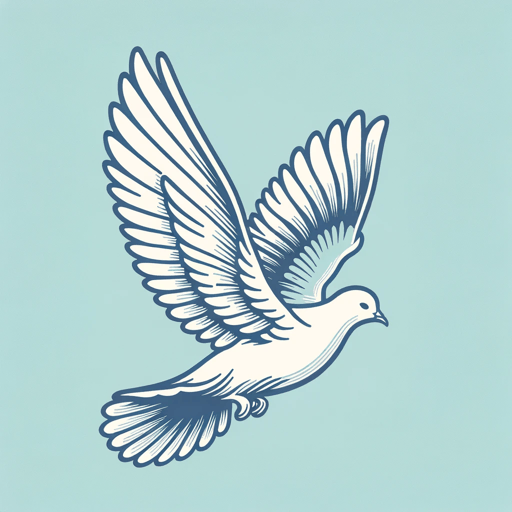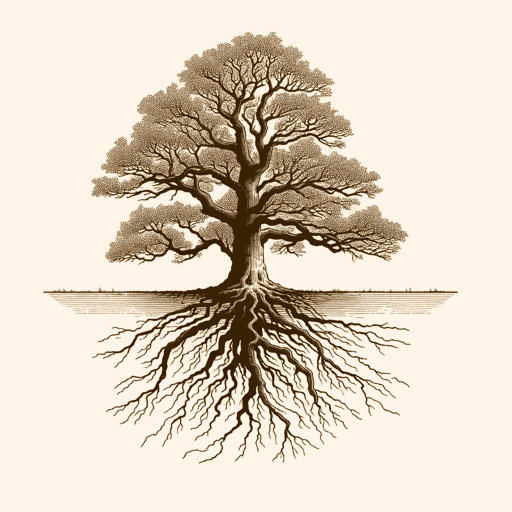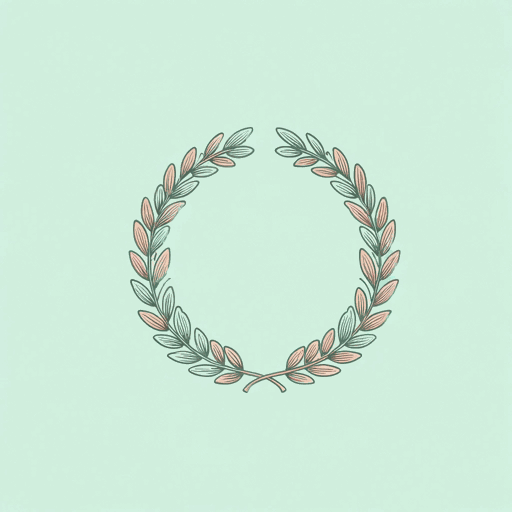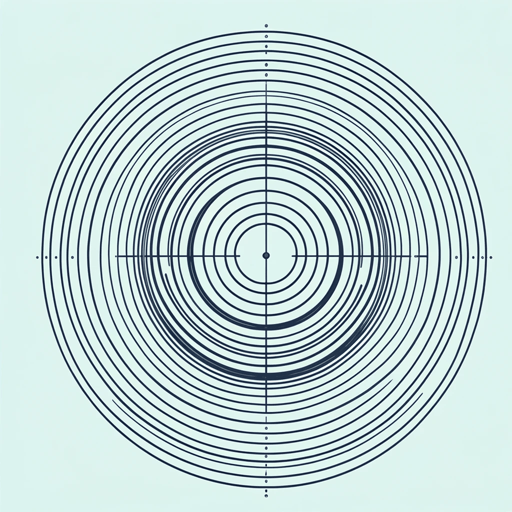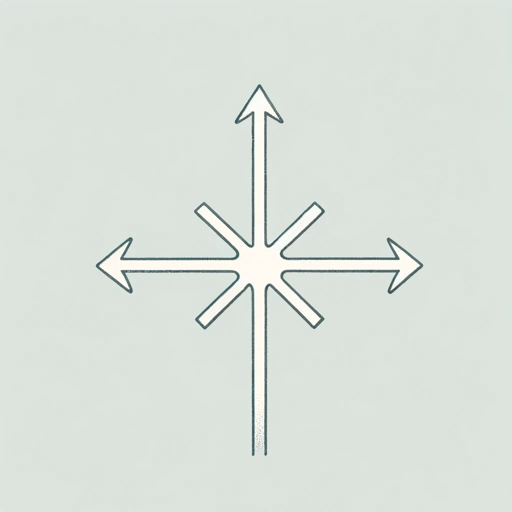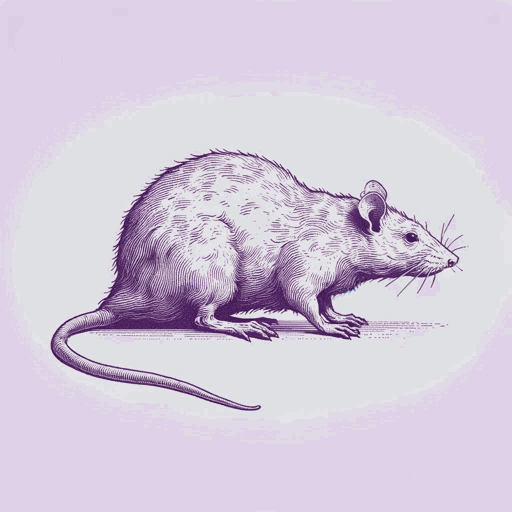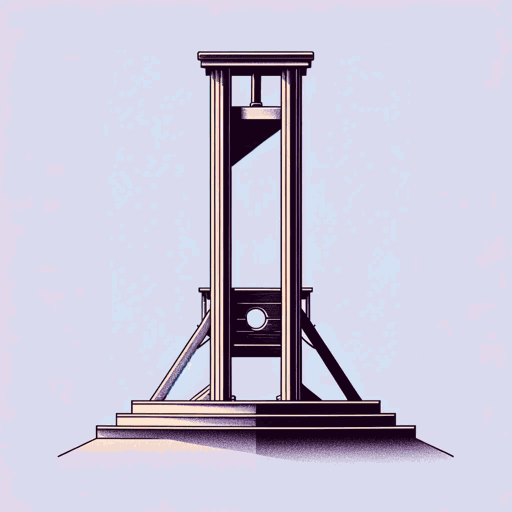39 pages • 1 hour read
Albert CamusThe Rebel: An Essay on Man in Revolt
Nonfiction | Book | Adult | Published in 1951A modern alternative to SparkNotes and CliffsNotes, SuperSummary offers high-quality Study Guides with detailed chapter summaries and analysis of major themes, characters, and more.
Themes
The Nature of True Versus False Freedom
Camus makes a crucial distinction between true and false freedom in The Rebel. He claims that artistic and intellectual figures like the Marquis de Sade, the Romantics, and various nihilist thinkers promote a dangerous brand of freedom based in solitude and the rejection of all traditional human values. Camus brands this kind of “freedom” both destructive and selfish, writing, “If the romantic rebel extols evil and the individual, this does not mean that he sides with mankind, but merely with himself” (123). He accuses Sade of being the progenitor of this selfish kind of freedom, as a writer whose works feature “the demand for total freedom, and dehumanization coldly planned by the intelligence” (107). Such unchecked impulses for a freedom without limits and without moral scruples leads, Camus argues, to a sort of generalized societal nihilism that results in “the inability to believe in what is, to see what is happening, and to live life as it is offered” (151). It this nihilism that created the void that 20th-century totalitarian ideologies, such as fascism and communism, then sought to fill.
In contrast, true freedom does not reject community and the human values necessary within a community; rather, it embodies such values.
Related Titles
By Albert Camus
